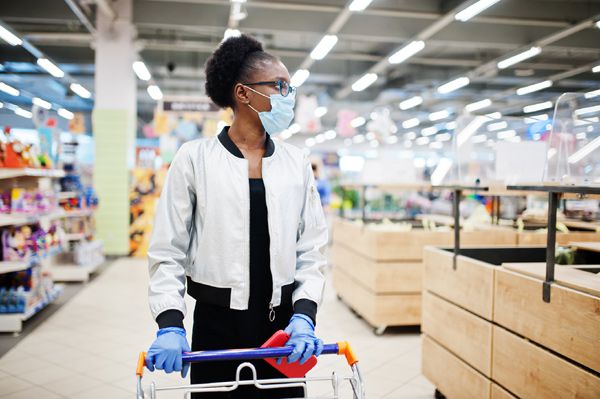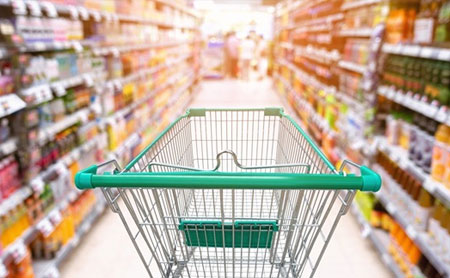South Africans have had to adjust their promotion-obsessed purchasing habits during the Covid-19 lockdown, with R14bn fewer goods being sold on promotion during April and May 2020 compared to the same time last year.
The significance of this is evident, considering the fact that Nielsen research in 2019 found that South Africa was the second-most price-sensitive country in the world, with more than 30% of goods sold on promotion. Nielsen South Africa Sales Effectiveness Director Amy Prinsloo comments: “Under normal conditions, we would have expected the percentage of goods to be sold on promotion to have increased. However, the Covid-19 pandemic has created a unique and unprecedented set of circumstances and the manufacturing and retail sectors have certainly not been immune to these seismic events.”
The percentage of the South African grocery basket sold on promotion in-store therefore dropped from 33% of the total grocery basket (R280bn) in April/May 2019 to 28% for April/May 2020. A deeper dive into the Top 40 product categories, that make up 70% of total basket sales, saw a 9% increase in the average rand per kilogramme paid between April and May 2020 compared to January and February 2020. Of this, one percent was driven by the reduction in promotions, while the additional 8% was driven by a shift in spending on more expensive categories like coffee, cheese, frozen fish and meat, potato chips and chocolate. This is due to the lockdown lifestyle that has forced consumers to treat themselves in-home, as opposed to their usual external consumption in coffee shops and restaurants.
Price perception
Unfortunately, given that South African shoppers are renowned for their ‘Promo FOMO’, the reduction in the number of promotions has led to consumer perceptions of price increases. In many cases manufacturers and retailers reduced promotions to maintain shelf supplies and limit out-of-stocks, thereby giving the impression that prices have been increased. It’s also important to note that everyday prices have remained the same as prior to the lockdown.
Prinsloo elaborates: “The current Disaster Management Act prevents manufacturers from raising prices, so shoppers have not seen any real price increases, something which should continue for the foreseeable future. However, price increases may not be staved off for much longer, due to the massive impact of the exchange rate on the cost of local goods that rely on the now far more expensive imported ingredients.”
Looking to the future, Prinsloo says: “Considering the price sensitivity of South Africans, we expect promotions to be up and running at the previous scale when things return to normal. However, this might also be a watershed moment to adjust the promotion spiral that our country has got into.”
Getting the balance right
Prinsloo says that Covid-19 could be a turning point for adjustment of price promotions in the country and ‘get the balance’ right when it comes to over-promoting.
“This is especially important, given that 60% of promotions currently don’t break-even in South Africa. It also opens the window to innovation in this space through the creation of different types of promotions, that utilise new mechanisms for a better result. For example, moving away from straight price discounts to combination deals.”
She adds that there is also a move to boost the local economy with new regulations that create a more level playing field for small manufacturers of local products, which provides an opportunity for new entrants and diversification of product choice. This will also help secure local supply chains and contribute towards the long-term growth of the South African economy that will ultimately benefit manufacturers, retailers and consumers alike.





